Culture, history and society at University of Copenhagen

Culture, History, and Society at the University of Copenhagen
The University of Copenhagen offers a range of undergraduate programmes that provide deep insights into both historical and contemporary societies, cultures, and worldviews. The programmes span from studies of classical civilisations to modern social sciences and language studies. Through these courses, you can gain a solid understanding of the cultural, social, and historical forces that shape our world.
Cultural Studies
Film and Media Studies provides insights into the development of film and media and their roles in society. You will analyse films, television, digital media, and social platforms to understand how they influence and reflect culture.
Art History covers visual art through the ages, and you will study the influence of art on societies, ideologies, and cultural movements. The programme explores everything from classical masterpieces to modern art movements.
Theatre and Performance Studies examines theatre, performance art, and their historical and contemporary significance. You will analyse theatre productions and performance forms to understand their roles in cultural communication and societal debate.
Musicology covers the history, theory, and societal functions of music. You will study everything from classical music to popular music and gain insights into how music reflects and influences culture and society.
History and Archaeology
History provides a comprehensive understanding of the historical periods and events that have shaped the world. The programme includes studies of political, economic, and cultural processes from antiquity to modern times.
Prehistoric Archaeology focuses on the study of prehistoric societies through archaeological findings. You will examine the material remains of humanity's earliest civilisations to understand their ways of life and culture.
Classical Archaeology allows you to study the ancient cultures of the Mediterranean region. You will work with artefacts from classical Greek and Roman societies to illuminate their history and cultural heritage.
Assyriology, Near Eastern Archaeology, and Egyptology dives into the study of ancient civilisations in the Middle East and Egypt. You will learn about the language, culture, and archaeological findings from some of the world’s oldest societies.
Society and Anthropology
Anthropology explores human societies and their cultural, economic, and social structures. The programme provides unique insights into how people live and organise themselves across time and space.
Sociology focuses on understanding the structures and processes that shape societies. You will study everything from social norms and institutions to inequality and power relations, developing analytical skills to interpret and understand social dynamics.
Ethnology examines cultural practices and everyday life. You will explore how culture manifests in material objects, rituals, and social structures across different historical and contemporary contexts.
Political Science provides insight into political systems and institutions. You will learn to understand political processes on both national and international levels and how political decisions impact society.
Social Science addresses political, economic, and social issues in modern societies. You will analyse power structures, public policy, and economic dynamics to understand how societies are organised and governed.
Philosophy and Religion
Philosophy explores fundamental questions about human existence, knowledge, ethics, and society. The programme teaches you to think critically and systematically about both abstract and practical issues.
Religious Studies studies the role of religions in different cultures and historical periods. You will examine religious texts, rituals, and beliefs to understand the significance of religion in both historical and modern contexts.
Theology covers the history and doctrines of Christian traditions while also providing insights into other religious traditions. You will study theological texts and understand the role of religion in society.
International Studies
Japanese Studies provides a foundational understanding of the Japanese language and culture. The programme covers both linguistic proficiency and cultural insights into Japan’s society and history.
Korean Studies combines language studies with deep insights into Korea's culture, history, and society. The programme includes both language learning and an understanding of Korea's place in the global community.
Chinese Studies focuses on the Chinese language and culture, providing an understanding of China's significance as a global power. The programme includes both linguistic skills and an understanding of China’s political and cultural development.
Spanish and Latin American Studies covers the Spanish language and the cultural and social dynamics of both Spain and Latin America. You will learn about the nuances of the language and gain insight into the cultural dynamics of the Spanish-speaking world.
French Language and Culture offers an in-depth understanding of the French language and its cultural and historical significance. You will study everything from French literature to cultural movements over time.
Italian Language and Culture gives you a broad understanding of the Italian language and culture, including Italy’s rich literary and artistic heritage.
Modern India and South Asian Studies focuses on the languages and cultures of South Asia, with a special emphasis on India. The programme provides insights into one of the world’s most dynamic and complex regions.
Greenlandic and Arctic Studies offers insights into Greenland and the Arctic, with a focus on the language, culture, and social conditions shaping this unique region.
Eastern European Studies covers the languages and societal conditions of Eastern Europe. You will gain a broad understanding of the historical, cultural, and political dynamics of the region.
Information Studies explores how information is created, shared, and organised in both digital and physical forms. You will study information systems and their importance in modern society.